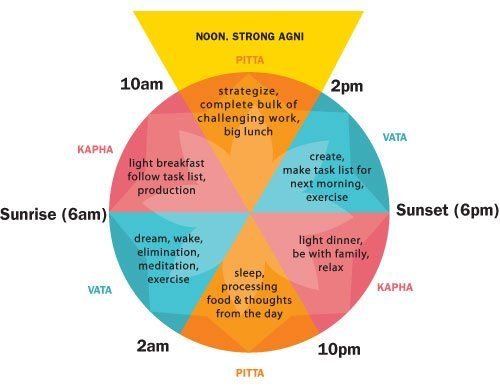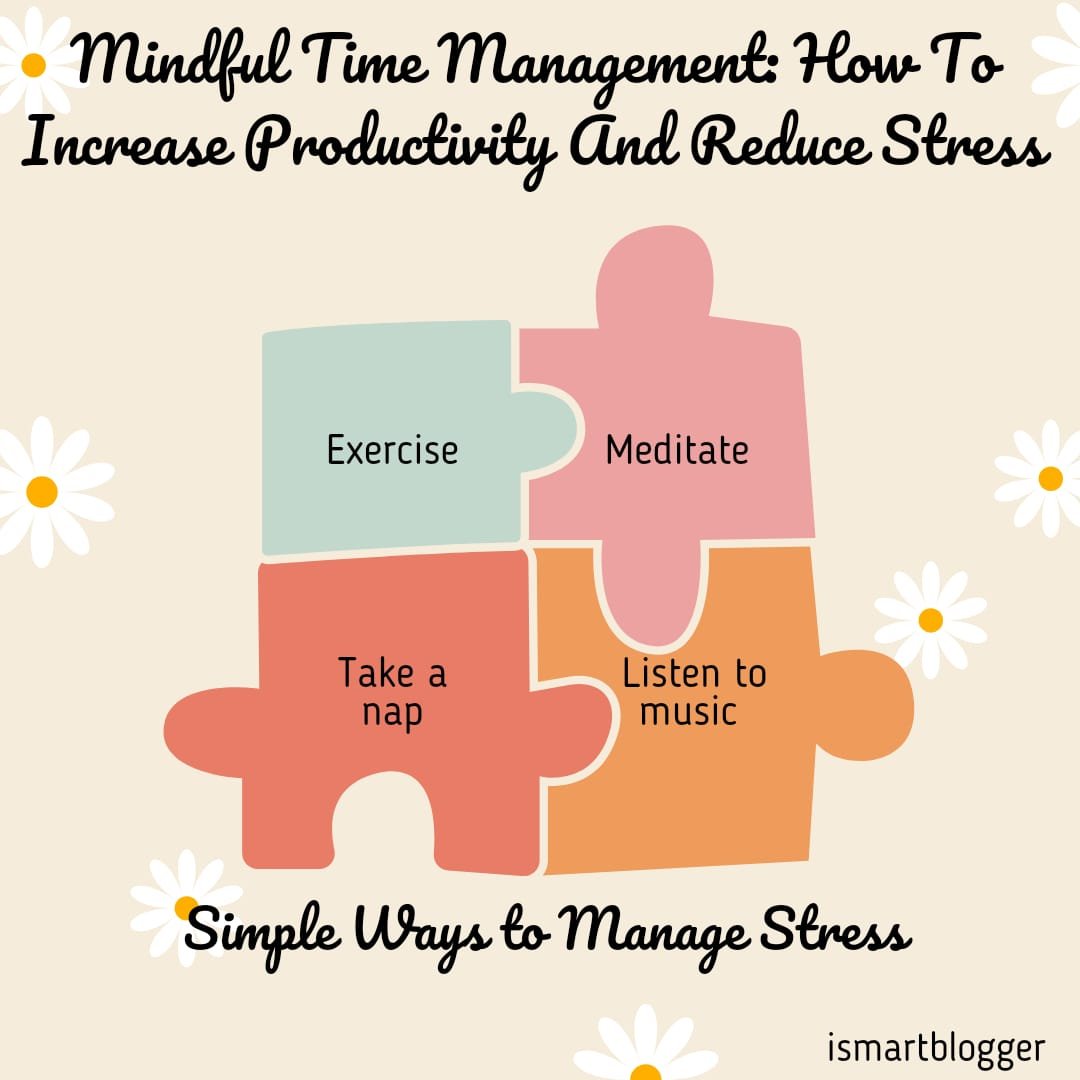In this blog, we will talk about mindful eating: strategies for developing a healthy relationship with food. I will share my personal story of how mindful eating helped me, and provide strategies and tips for incorporating mindful eating into your daily life. Mindful eating has transformed my relationship with food and my life, and I hope to inspire and support others on their journey towards a healthier and happier relationship with food. Let’s dive in!

I had always struggled with my weight. I had tried every diet out there and had even resorted to extreme measures like fasting and juicing. But no matter what I did, I couldn’t seem to shake off the extra pounds.
One day, a friend introduced me to the concept of mindful eating. At first, I was skeptical. How could simply being more present while eating make any difference? But I decided to give it a try anyway.
The first time I tried it, I was amazed at how much more enjoyable my meal was. I savored each bite, feeling the flavors and textures of the food on my tongue. I paid attention to the sensations in my body, feeling full and satisfied when I had eaten just the right amount.
Over time, I made mindful eating a part of my daily routine. I stopped counting calories and started listening to my body’s hunger cues. I no longer felt guilty when I indulged in my favorite foods, but instead enjoyed them mindfully and in moderation.
As a result, I began to feel more in tune with my body and more in control of my eating habits. I lost weight naturally and effortlessly, without the stress and frustration of traditional diets. Mindful eating had transformed my relationship with food and my life.
- Eating slowly and savoring each bite: By taking the time to chew and taste each bite, we can fully experience the flavors and textures of the food and become more satisfied with smaller portions.
- Paying attention to hunger cues and eating only when hungry: By listening to our body’s signals of hunger and fullness, we can avoid overeating and develop a more natural and intuitive eating pattern.
- Practicing gratitude before meals: By taking a moment to express gratitude for the food we are about to eat, we can cultivate a positive and mindful mindset towards eating.
- Being mindful of emotions and thoughts while eating: By paying attention to our emotions and thoughts while eating, we can become more aware of any triggers or patterns in our eating habits and learn to respond in a more intentional and healthy way.
- Enjoying favorite foods in moderation: By allowing ourselves to indulge in our favorite foods in moderation and without guilt, we can cultivate a more balanced and sustainable approach to eating.
- Avoiding distractions while eating: By focusing solely on the experience of eating and avoiding distractions such as TV, phone, or work, we can tune in to our body’s signals and fully enjoy our meals.
- Experimenting with new foods: By trying new foods and flavors, we can expand our taste palette and cultivate a more adventurous and diverse approach to eating.
- Practicing mindful grocery shopping: By planning meals ahead of time and shopping mindfully, we can make healthier and more intentional food choices.
- Cooking and preparing meals mindfully: By taking the time to prepare and cook meals with intention and care, we can develop a deeper connection to our food and appreciate the effort that goes into it.
- Practicing self-compassion: By being kind and compassionate to ourselves, we can avoid negative self-talk and guilt around food, and develop a more positive and empowering relationship with our bodies and eating habits.
The following are strategies for developing a healthy relationship with food through mindful eating:
The benefits of mindful eating are numerous, including improved digestion and nutrient absorption, weight loss without dieting or deprivation, reduced stress and anxiety around food, enhanced appreciation for food and enjoyment of meals, and greater sense of control over eating habits.
To incorporate mindful eating into your daily life, start small and gradually build up mindfulness practices. Use mindfulness apps or guided meditations to support the practice, and be patient and kind to yourself as it takes time to develop a new habit.
Conclusion
In conclusion, developing a healthy relationship with food is essential for our overall health and wellbeing. By practicing mindful eating, we can become more attuned to our body’s needs, more present and appreciative during meals, and ultimately, live a more fulfilling and balanced life.
About the Author
Nida is an English blogger from Pakistan who loves natural ways to stay healthy. She knows a lot about a type of Indian healing called Ayurveda and uses it to give advice about how to feel better. She writes about things like mindfulness, herbs, and spices, and gives practical tips for living a healthy life. Lots of people like reading her blog because it’s easy to understand and helps them learn how to take better care of themselves.





